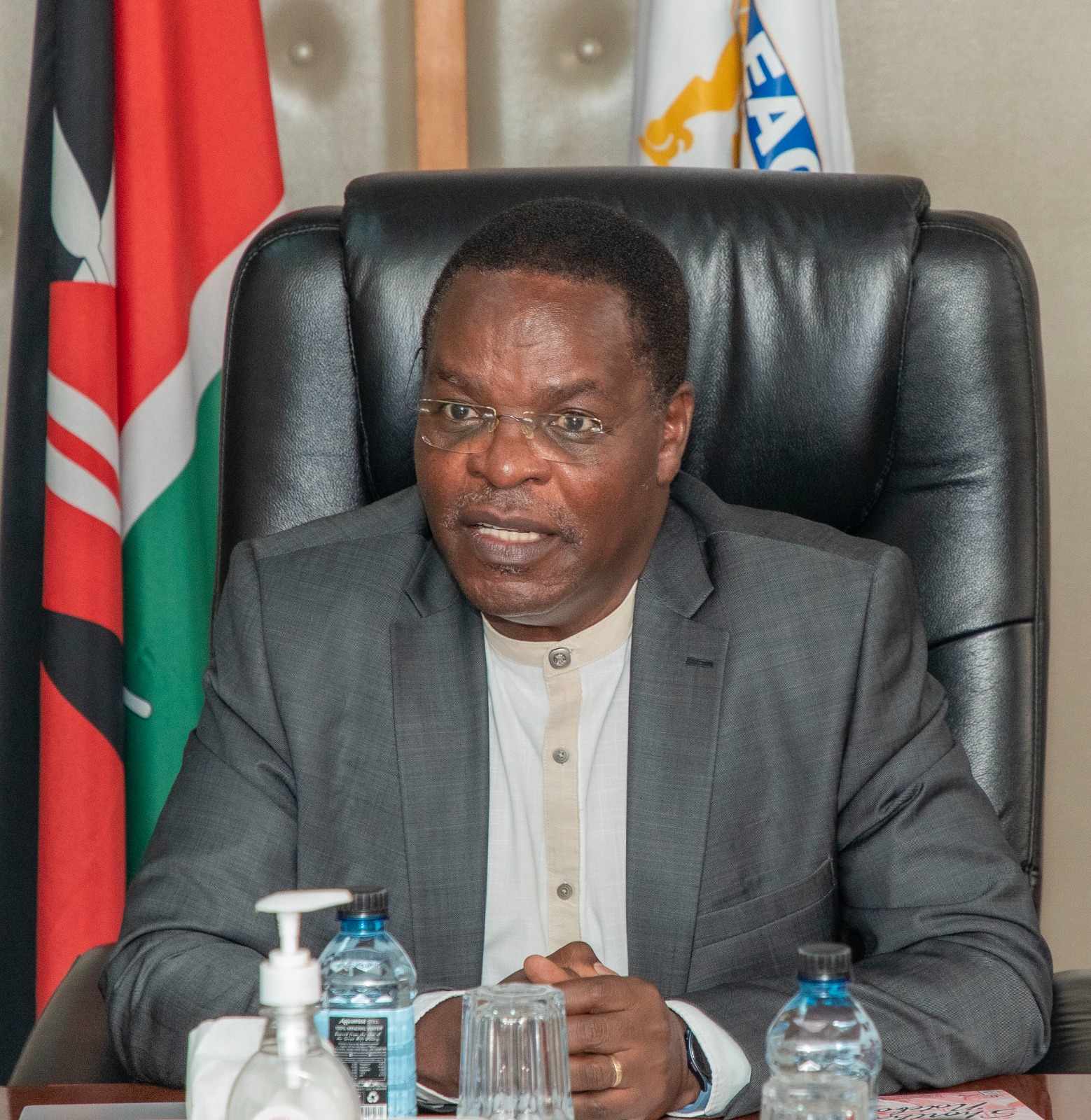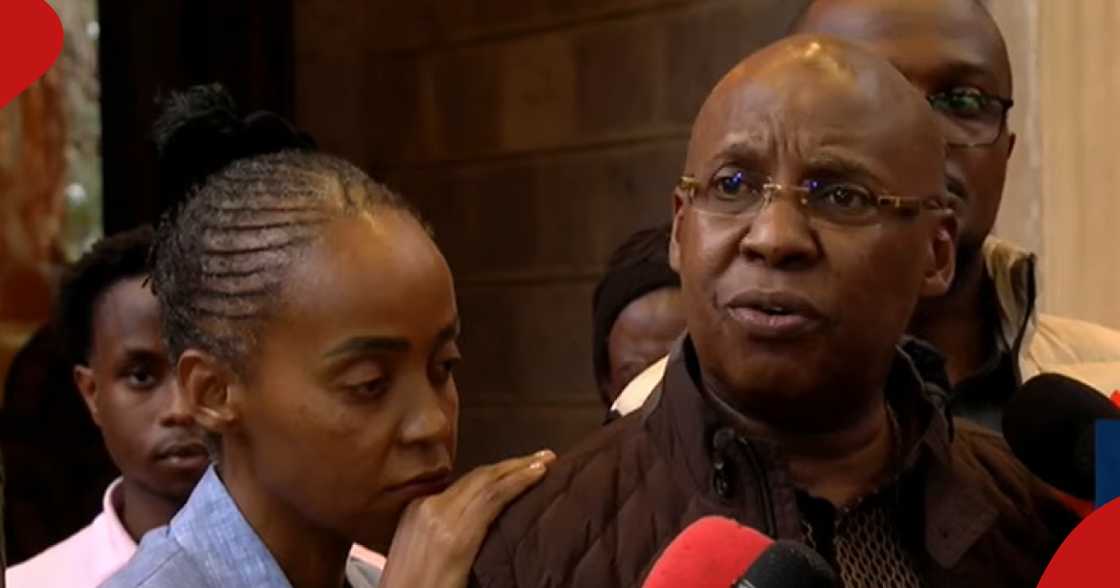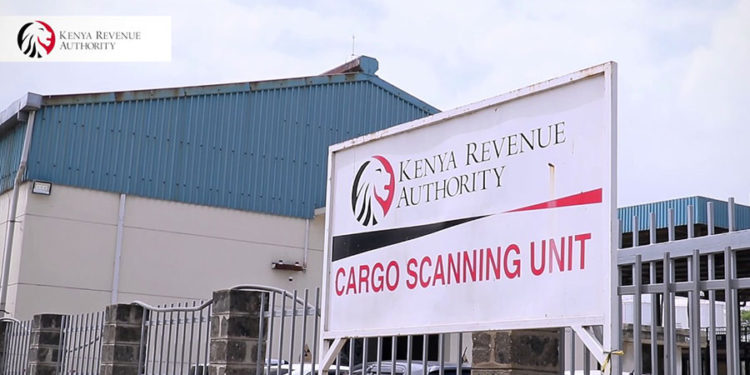In a damning assessment of Kenya’s entrenched corruption culture, Ethics and Anti-Corruption Commission (EACC) Chairperson Bishop David Oginde has trained his sights on a powerful but largely unscathed group: the country’s professionals.
Speaking at a forum hosted by The Architect Alliance (TAA) in Westlands, Oginde accused lawyers, architects, engineers, and accountants of being the silent but crucial enablers of grand corruption, not just in government corridors but deep within private sector dealings. “Professionals are the grease in the gears of corruption,” Oginde declared. “In every scandal we investigate, you will always find one or several professionals aiding or facilitating the fraud.”
Marking two years since taking the helm at EACC, Oginde recounted cases that shocked even seasoned investigators. Among them was the Turkana Wind Power Project, whose cost ballooned from KSh 18 billion to KSh 81 billion despite no electricity being consumed. The government now owes nearly KSh 6 billion to the developer, a burden silently passed on to consumers through inflated electricity bills.
Even more outrageous, Oginde highlighted the Ronald Ngala Utalii College project, whose cost soared from KSh 1.9 billion to KSh 8.9 billion. “The architects allegedly inflated the project to secure a Sh1 billion fee. As someone familiar with the industry, I know how fees are calculated, and this is nothing short of criminal,” he said.
Oginde’s blistering remarks were echoed by Law Society of Kenya (LSK) President Faith Odhiambo, who called on her fellow legal professionals to reject complicity and reclaim their roles as custodians of justice. “Corruption is not just a failure of laws or institutions; it’s a collapse of ethics within our own ranks,” Odhiambo said. “When architects look the other way, when lawyers validate shady contracts, when auditors massage figures, corruption thrives.”
Oginde and Odhiambo pull no punches in a searing indictment of Kenya’s elite class of architects, lawyers, engineers, and accountants
She challenged all professional associations (from engineering to architecture) to establish and enforce robust disciplinary systems, lamenting that too many have become complicit in malpractice. The two leaders were united in their belief that true change would not come through public outrage or mass protests, but from a few principled individuals determined to upend the status quo, just as Singapore’s founding Prime Minister Lee Kuan Yew and his university peers did decades ago.
“Kenya doesn’t need another revolution. It needs professionals who are simply tired of seeing wrongs perpetuated in boardrooms, behind design tables, and inside courtrooms,” Oginde said. He attributed the growing rot to a “scarcity mindset”, professionals hoarding opportunities, inflating charges, and compromising standards out of fear they may not get another chance.
“Professionals exploit public projects, overcharging and compromising standards out of fear they may not get another opportunity,” Oginde said grimly.
Odhiambo, meanwhile, reminded lawyers of their duty to offer honest legal opinions, even when pressured by clients. “We save the republic quietly, and often accidentally,” she quipped, referencing a caricature of herself holding a Constitution.
Their message was unambiguous: the fight against corruption will never be won until professionals stop enabling it from behind the scenes. In Kenya’s moral reckoning, it is no longer enough to point fingers at politicians. The architects of corruption, quite literally, now include architects themselves.





